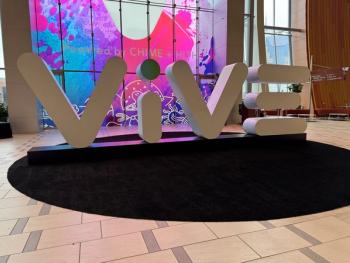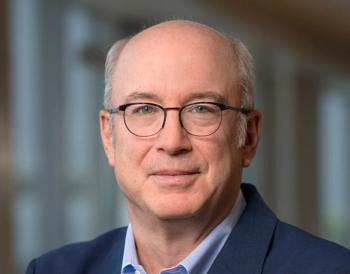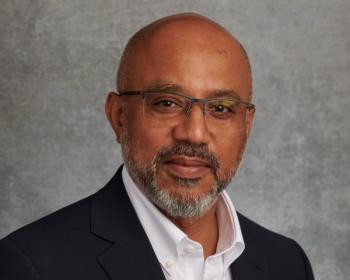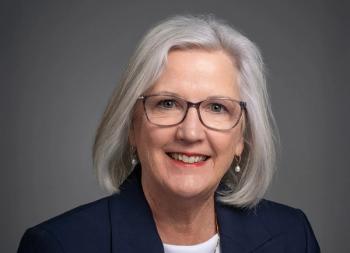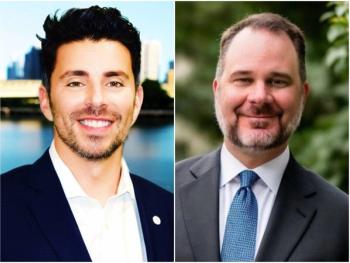
Rage over rebates: Hospitals oppose 340B pilot program
The government is testing a new model in the program that allows health systems to buy outpatient drugs at lower costs. Hospitals say a rebate model would add administrative burdens and costs.
The federal government is testing a new method of delivering discounts in a program aimed to help hospitals buy certain drugs at lower prices, and health systems aren’t happy about it.
The government is testing a new pilot program that would move from hospitals simply buying the drugs at lower prices in the federal
The Health Resources and Services Administration said late last month it’s testing a new program with eight companies that would offer rebates to hospitals after they have purchased the drugs. The agency said it is testing plans from large drug companies including Bristol Myers Squibb, Astra Zeneca, and Novo Nordisk Inc. The pilot program is slated to launch Jan. 1.
Hospitals have opposed the rebate program and urged the government to ditch the model, or at least delay the launch of the pilot program. But they also are wary of the pilot program setting the stage for broader changes in the 340B program, which they say offers critical support to safety net hospitals.
Health systems estimate that the costs and efforts involved with moving to a rebate model far surpass the government’s estimates, and serve pharmaceutical companies more than providers.
Jennifer DeCubellis, president and CEO of America’s Essential Hospitals, said moving to the rebate model is “a clear case of the fox guarding the hen house.”
“Drug manufacturers are the only winners under these rebate models, which will directly harm patients and the essential hospitals they depend upon for affordable, high-quality care,” DeCubellis said in a statement.
The American Hospital Association sent
“HRSA has vastly underestimated the burdens that this pilot program will impose on 340B hospitals,” Chad Golder, the AHA’s general counsel, wrote in the letter.
Hospitals participating in the 340B program said that the rebate model will require them to utilize the equivalent of two full-time employees, on average, to handle the demands.
More than 2,700 hospitals are participating in the 340B programs, and they would have to spend more than 11 million hours working on the rebate model, far above the federal government’s projections, the AHA says. Health systems say the operating costs of the rebate model could be $150,000 to $500,000 per hospital, according to the association.
Another irksome point for hospitals is that the program is voluntary for drug companies, and mandatory for hospitals.
“Without any legitimate reason to implement such a program — the price tag does not justify the pilot. This is among the many reasons why it should be abandoned altogether,” Golder wrote. If the government insisted on moving forward, he said, the program should be delayed by at least a year.
HRSA has said it hopes that the pilot program will help give the government information on developing other models that meet the requirements of the 340B program and the goals of the Trump administration.
PhRMA, the trade organization representing pharmaceutical companies, has pushed the federal government to move to testing a rebate model. If the model is successful, PhRMA hopes to see it utilized more widely in the 340B program.
In a September
PhRMA says rebates are used in other elements of the health care industry. And the group says that the government “requires that manufacturers pay 340B claims within 10 days, which means that in most cases hospitals will receive rebates before they have to pay their wholesalers.”
Johnson & Johnson said last year that it was going to test a rebate model with two drugs, but
Hospitals and drug companies
Health systems have said the 340B program provides important support in their efforts of serving patients with limited incomes in both urban and rural areas. Hospitals are asking the government to drop the rebate model and focus on strengthening the 340B program.
Critics say the program has grown far beyond its goal of supporting safety net hospitals. Over a little more than a decade, spending on the federal 340B drug program rose to $43.9 billion in 2021, more than six times higher than in 2010, according to a recent
President Trump’s administration has shown

